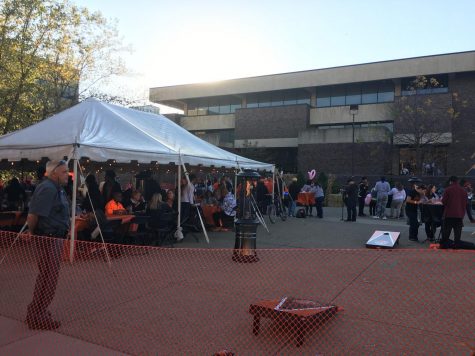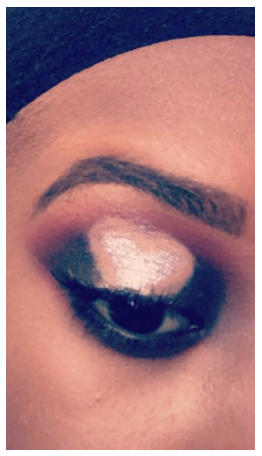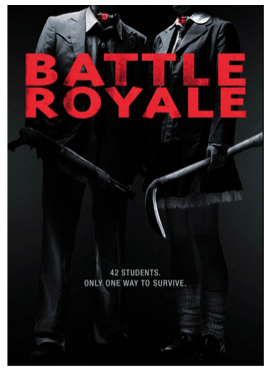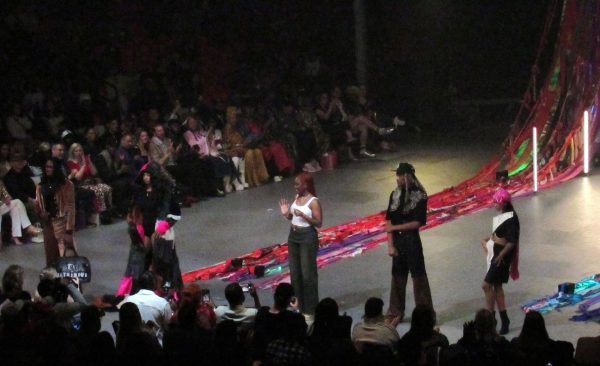News outlet embarrass selves covering Navy Yard shooting
Let’s play a game of “Blind Resumes: Broadcast News Edition.”
First, there’s Cable News Network A, whose coverage of last week’s Navy Yard shooting included rampant speculation and misinformation.
Then there’s Cable News Network B, which criticized Network A for knowingly spewing untruths on-air and for providing generally poor coverage of breaking news.
Guess what Network A is. Can’t be CNN, NBC, Fox News or CBS, right? They’re the most trusted brands in America, the pillars of broadcast journalism! One of those big guys has got to be B, while A is probably some local station or blogger or something.
So who was who?
If you thought Cable News Network A was CNN, NBC, Fox News or CBS, you were wrong. It’s actually all of those stations combined. And Network B isn’t actually a news outlet at all, but a comedy station. It’s Comedy Central’s The Daily Show.
So, you were wrong. But who cares about being wrong?
Apparently, the major news networks don’t. That’s why Jon Stewart, host of The Daily Show, roasted news networks in a recent segment, titled “Wrongnado,” exposing the lack of journalistic integrity among some of the most-watched news networks.
Stewart dug into CNN, pointing out their field reporters’ tendency to point at random things on camera and simply say what they’re pointing at (regardless of whether or not said pointed-at object has any real news value). Stewart likened the experience of watching CNN to walking down a street while holding the hand of a 5-year-old with a short attention span.
But CNN wasn’t alone in its misreporting of the Navy Yard shooting. CBS and NBC both wrongly identified the shooter, naming a man who was actually innocent. Each of the networks also incorrectly aired that there were multiple shooters, later correcting themselves when only one shooter was confirmed.
All of this comes shortly after making similar mistakes in the coverage of the Newtown shootings (the actual shooter’s brother, Ryan Lanza, was incorrectly identified as the shooter by multiple media outlets) and the Boston Marathon bombings (CNN wrongly reported that an arrest was made in connection to the bombings when it wasn’t).
Yet we keep coming back. According to The New York Times, CNN recorded some of their highest ratings ever in the days following the Marathon bombings.
Breaking news situations are always tough to report. Confusion is inevitable as journalists race each other to glean information from officials who are often struggling to make sense of the situation themselves.
However, it’s time for viewers to make a change. Stop supporting these stations. Don’t tune in. Instead, find a news outlet that doesn’t constantly screw up. But how are we supposed to know when a news outlet is telling us something that’s wrong when we don’t know anything different? Here are some tips:
Listen closely for the following key phrases (all of which were uttered on CNN during the Navy Yard shooting coverage): “Can we begin to draw the beginnings of any initial conclusions?” and “I don’t want to speculate, BUT,” or, “We might be wrong, BUT.”
If you hear that, then immediately stop what you’re doing, strap on a pair of boots, lift up your dominant foot and smash it straight through the screen. Aim for the sweet spot just below Wolf Blitzer’s receding hairline for optimum damage. Then, move on.
Don’t go to a blog. BuzzFeed circulated an innocent Ryan Lanza’s Facebook page after Newtown, and Reddit wrongly ‘outed’ several men as the Marathon bombers.
Tabloids? Nope. After the Marathon bombings, the New York Post put two innocent, backpack-toting students on its front page and said the Feds were searching for them. Now they’re being sued for libel.
The best bet is print media. Find a major metro paper close to the area where breaking news is happening, and follow in real time on the paper’s Twitter or live-updating website. Many, including President Barack Obama, lauded the Boston Globe for its coverage of the Marathon bombings.
But in serving a public with an insatiable appetite for immediate updates, even print media isn’t perfect. The Washington Post retracted reports of multiple shooters at the Navy Yard, and The New York Times made a number of mistakes in its Newtown coverage.
The best way to make a difference is to change your own expectations. Don’t expect to know everything right away in a breaking news situation. In return, maybe news outlets won’t rush to be first, and will instead focus on being accurate.
But, then again, I might be wrong. These are just the beginnings of initial conclusions.
Leif Reigstad can be reached at [email protected]. You can follow him on Twitter @LeifReigstad.










